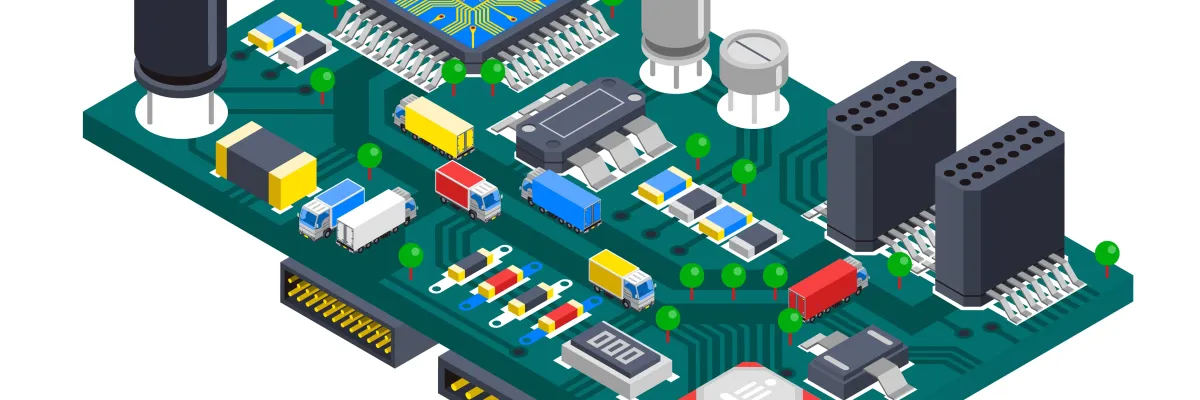
Introduction of motherboard for laptop
The motherboard, also known as the mainboard or system board, is the primary circuit board in a laptop that connects all the other components together. It is the backbone of the laptop, providing the necessary connections and interfaces for all the internal components to communicate with each other.
The motherboard contains various components, including the processor socket, memory slots, expansion slots, input/output connectors, and power connectors. These components work together to control and manage the flow of data between the various internal components, such as the CPU, RAM, storage drives, and graphics card.
The Right Motherboard for Your Laptop
1. Consider the size:
Laptops come in different sizes, from ultra-portable ones to larger models with bigger screens. Decide what size you need based on your usage, portability needs, and budget.
2. Look for the right specs:
The motherboard of a laptop will determine the specifications that you can have in your laptop, such as the processor, RAM, and storage capacity. Determine what specifications you need to make sure your laptop will meet your requirements.
3. Evaluate the processor:
The processor is the heart of your laptop, and it is what powers your laptop's performance. Look for a processor that meets your needs, whether that is a low-power CPU for everyday tasks or a high-end one for demanding applications.
4. Check the RAM:
The amount of RAM your laptop has will determine how many applications you can run at once. Look for a laptop with enough RAM for your needs.
5. Consider storage:
The amount of storage you need will depend on what you plan to use your laptop for. If you will be storing a lot of files, consider a laptop with a larger hard drive or solid-state drive.
6. Look for connectivity options:
Your laptop should have enough ports and connectivity options to meet your needs. Consider the number of USB ports, HDMI, Ethernet, and other ports you need.
7. Check the battery life:
The battery life of your laptop is crucial, especially if you will be using it on the go. Look for a laptop with a long battery life that will meet your needs.
8. Look for a good display:
The display is one of the most important components of your laptop, and it will determine the quality of your visual experience. Look for a laptop with a good display that meets your needs.
9. Check the keyboard and touchpad:
Make sure that the keyboard and touchpad are comfortable and easy to use since you will be using them a lot.
10. Read reviews:
Finally, make sure to read reviews of the laptop you are considering before you buy it. This will give you an idea of the laptop's strengths and weaknesses and help you make an informed decision.
What is the average lifespan of a laptop motherboard?
The average lifespan of a laptop motherboard can vary depending on several factors, such as usage, quality of components, environmental conditions, and maintenance. However, in general, most laptop motherboards can last anywhere from 3 to 5 years.
Usage: If you use your laptop heavily for resource-intensive tasks such as gaming or video editing, this can put more strain on the motherboard and potentially reduce its lifespan.
Quality of components:
A motherboard with high-quality components and robust construction is likely to last longer than one with cheaper components.
Environmental conditions:
Exposure to heat, humidity, and other environmental factors can cause wear and tear on the motherboard over time.
Maintenance:
Regular cleaning and maintenance of the laptop, including the motherboard, can help to prolong its lifespan.
It's worth noting that if a motherboard fails, it's often more cost-effective to replace the entire laptop rather than trying to replace the motherboard itself. This is because the cost of the replacement motherboard plus the labor involved in installation can often be as much or more than the cost of a new laptop.
Conclusion
In conclusion, the motherboard is a critical component in a laptop that connects all the other internal components together. When selecting a motherboard for a laptop, factors such as processor compatibility, RAM capacity, storage options, connectivity, and battery life should all be taken into account. The average lifespan of a laptop motherboard can vary but is typically around 3 to 5 years, depending on various factors such as usage, component quality, environmental conditions, and maintenance. If a motherboard fails, it's often more cost-effective to replace the entire laptop rather than trying to replace the motherboard itself. When purchasing refurbished laptop motherboards, it's important to choose a reputable seller and carefully check the product description and condition before making a purchase.

Leave a Comment